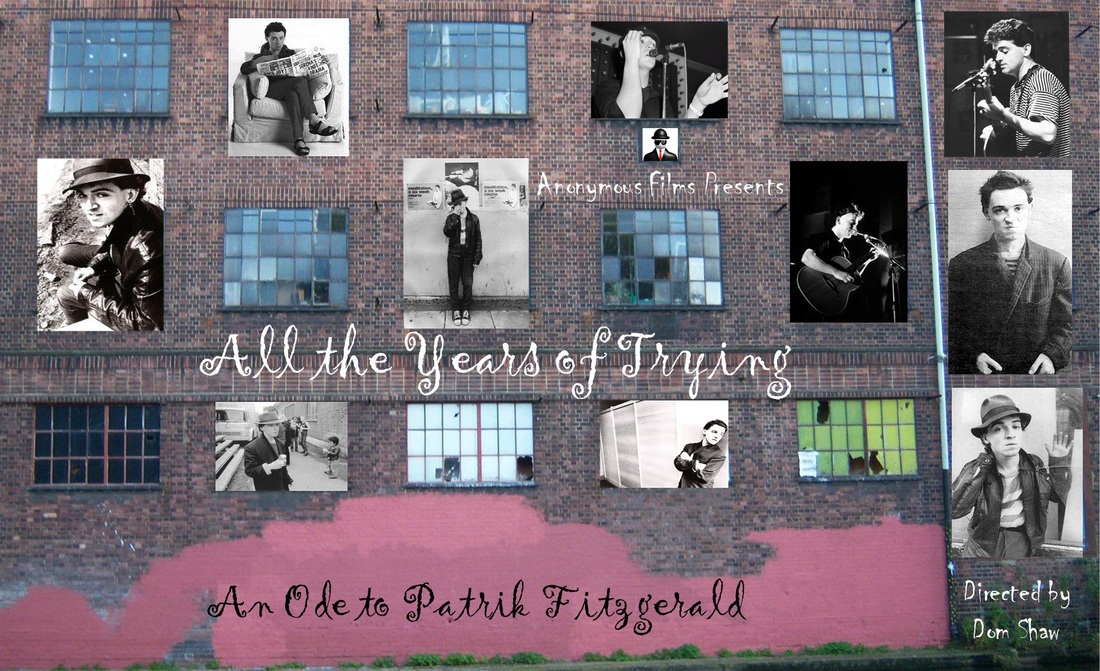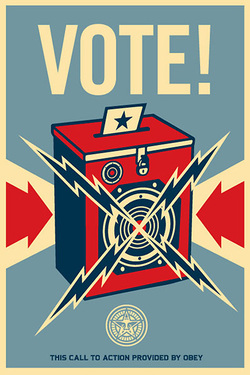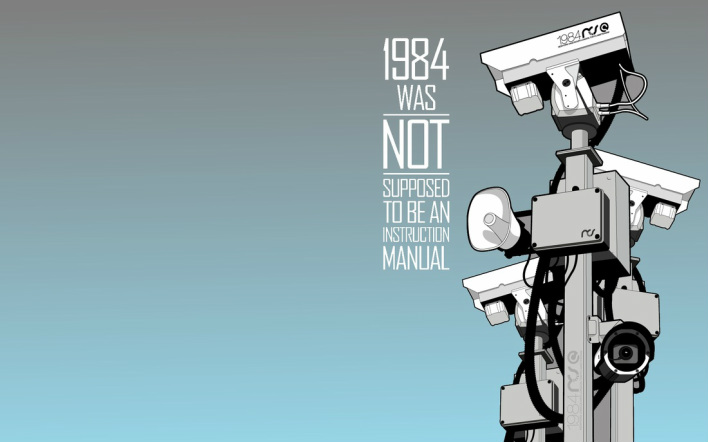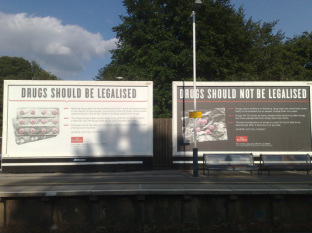| | Great to see Patrik Fitzgerald on good form supporting Bob Geldof and the Boomtown Rats last ever gig at London's Roundhouse last night. The after-show party consisted of me trying to avoid getting crushed in the stampede of young gun networkers trying to get close to Alan McGee. I made this film about Pat a couple of years ago and we have struggled to fund the clearance of the music publishing since, so it has been stuck in limbo with no release or distribution. But I am about to put together a crowdfunding proposal to get it done and available on Itunes or DVD, so this trailer is on here for your delectation. If you've never heard of him before, there's a little biog below. |
Although never making it to the dizziest heights of pop fame he continues to be a well respected figure, cited as an early influence by author and poet Benjamin Zephaniah, and legendary journalist and Nirvana biographer, Everett True. The new millennium has seen a resurgence of interest in this determined, brave performer who battled on with his music through much travail and now seems set for new appreciation by a whole new generation charmed by his stripped down honesty and integrity.
The film is directed by film maker Dom Shaw who first met Patrik 32 years ago and filmed him for his seminal punk documentary ‘Rough Cut & Ready Dubbed’ which won the John Grierson award for best documentary. Featuring some of his best known songs and interviews with people influenced and entranced by his music, the film is an affectionate tribute to an old friend. ‘I knew Pat long before I met him’ says Shaw ‘because every song was soaked with his own vulnerability and humour that myself and many others could completely identify with.’
‘Everything I've ever read about myself has said how shy and self effacing I am, so I really shouldn't blow my own trumpet about this film. Having said that, I have watched and kind of enjoyed it, I think. I've probably written some good tunes and there are some of them in this film. Being stuck into celluloid is a bit like having your soul stolen, however. But there you are... Enjoy the film. ‘ Patrik
‘It seems as if all those old bands from the punk era and later are getting their renaissance’ says producer Daniel Carboni, ‘and to be truthful, some of them aren’t worth the attention. But Pat never seems to have got the attention he deserved except from a well respected network of influential artists. We hope this film will help to change all that.’




 RSS Feed
RSS Feed